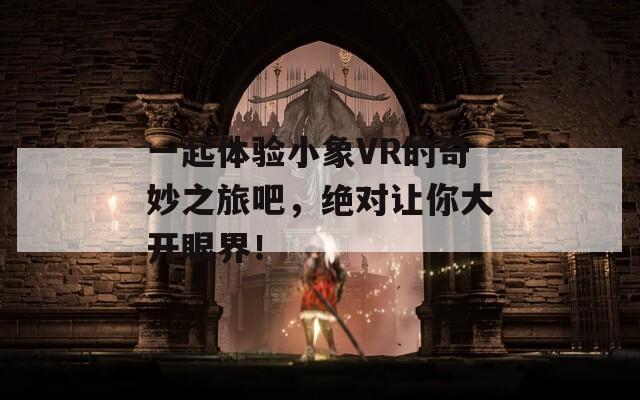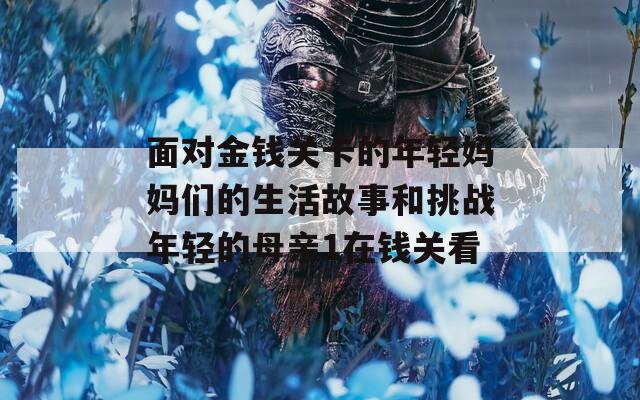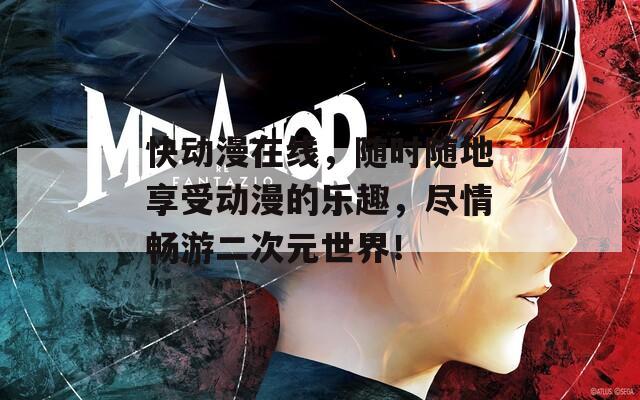In the realm of cinematic storytelling, movie characters play a pivotal role in guiding the audience through the narrative. They breathe life into the script, resonate with our emotions, and often reflect the complexities of human nature. Here, we delve into some iconic movie characters, exploring their backgrounds, motivations, and the deeper meanings they convey within their respective films.
One of the most celebrated characters in film history is Darth Vader from the "Star Wars" franchise. Originally introduced as the menacing figure clad in black armor, Vader is ultimately revealed to be Anakin Skywalker, a Jedi Knight who succumbed to the temptations of the dark side. His journey from a hopeful young hero to a feared villain serves as a powerful allegory for the struggle between good and evil. Anakin's internal conflict is amplified by his desire to protect his loved ones, ultimately leading him down a path of destruction. The rich development of Vader's character, combined with his iconic voice and presence, has made him a lasting symbol of the battle within us all.
Similarly, the character of Elizabeth Bennett in "Pride and Prejudice," portrayed brilliantly by Keira Knightley in the 2005 adaptation, offers a glimpse into the societal constraints of the Regency era. Elizabeth is a headstrong, intelligent woman who challenges the norms of her time. Her quick wit and strong moral compass allow her to navigate a world dominated by class and gender expectations. Through her evolving relationship with Mr. Darcy, she embodies the themes of personal growth, love, and the importance of looking beyond first impressions. Elizabeth's character encourages viewers to question societal standards and embrace individuality.
Another compelling character is Joker from "The Dark Knight," played by Heath Ledger. The Joker is not just a villain; he represents chaos and anarchy in modern society. His unpredictable nature and disturbing philosophy challenge the moral fabric of Gotham City, pitting him against the steadfast Batman. Ledger's portrayal of the Joker earned critical acclaim and brought a new depth to the character, highlighting the psychological turmoil that drives him. The Joker’s antics force the audience to confront uncomfortable truths about humanity, ethics, and the thin line between order and chaos.
Moving to animated films, we cannot overlook the character of Woody from "Toy Story." Voiced by Tom Hanks, Woody embodies loyalty, courage, and the trials of growing up. As the leader of the toys, he faces the challenges of jealousy and fear when Buzz Lightyear enters the scene. Woody's journey demonstrates the importance of friendship and acceptance. His character arc represents the struggle between embracing change and holding onto the past, a theme that resonates deeply with audiences of all ages.

In the realm of fantasy, we meet Frodo Baggins from "The Lord of the Rings." Portrayed by Elijah Wood, Frodo's character is central to the epic tale of good versus evil. As a simple hobbit thrust into an extraordinary quest, Frodo's humble origins and immense bravery create a relatable hero. His journey to destroy the One Ring mirrors the internal battles we all face in pursuing our own destinies. Frodo’s resilience in the face of overwhelming adversity highlights the power of hope and friendship, proving that even the smallest person can change the course of the future.
Each of these characters, through their struggles and triumphs, provides insight into the human experience. They challenge us to reflect on our values, beliefs, and the choices we make. From the darkness of villains to the light of heroes, movie characters enrich our understanding of life and morality, leaving lasting impressions long after the credits roll.









